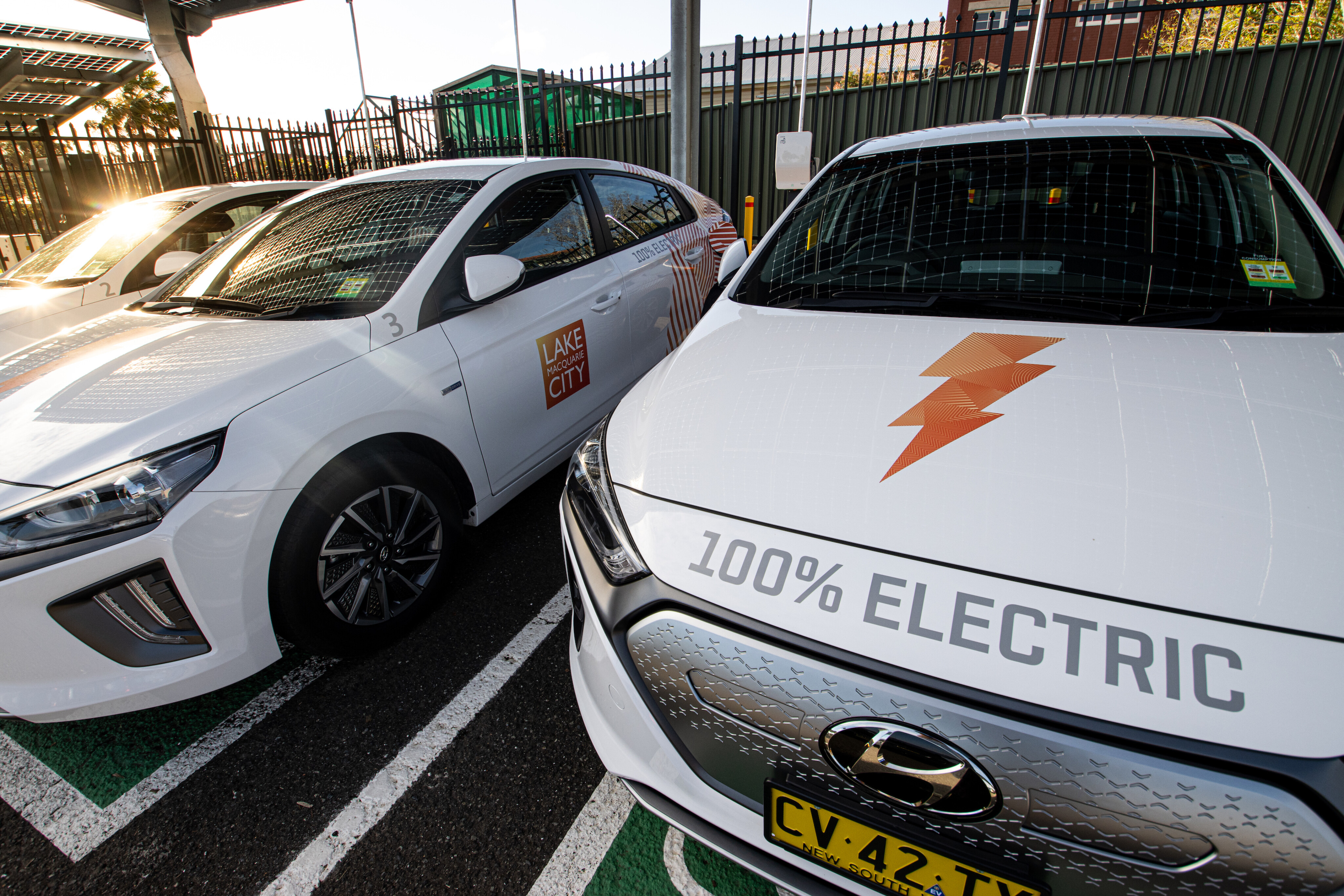
Snapshot
- Mayors and councillors call for fuel-efficiency standards
- Will unlock more choice, supply, cheaper EVs Down Under
- Climate Council claims nine million tonnes of emissions could’ve been avoided if it was introduced in 2016
Ahead of the federal government’s National Electric Vehicle Strategy, 120 mayors and councillors have signed a petition by the Climate Council to legislate strong fuel-efficiency standards to push the electric vehicle transition.
Council-elected representatives from all states (full list here (PDF file)) have called on the Australian government to:
- introduce mandatory fuel-efficiency standards that are at least equivalent to other major markets
- give Australians more EV choice and affordability
- support 100 per cent zero exhaust emission new vehicle sales as soon as possible
- review and update mandates around every five years
The mayor for the City of Greater Bendigo, Andrea Metcalf, said fuel-efficiency standards will be key to unlocking and boosting the supply of affordable EVs for its own fleet and community.

“The City of Greater Bendigo has a goal to transition more than 100 light fleet cars to electric vehicles by 2030, however we are held back by the limited options available in Australia at the right price point,” Metcalf said.
“We also know that some people in our community are in a similar position. They also want to be driving electric vehicles that are good for the environment, have lower running costs and are affordable.”
The mayors and councillors are part of the advocacy group’s Cities Power Partnership, which includes more than 180 councils that represent almost 70 per cent of the population, with 75 per cent of them having at least one EV in their fleet.
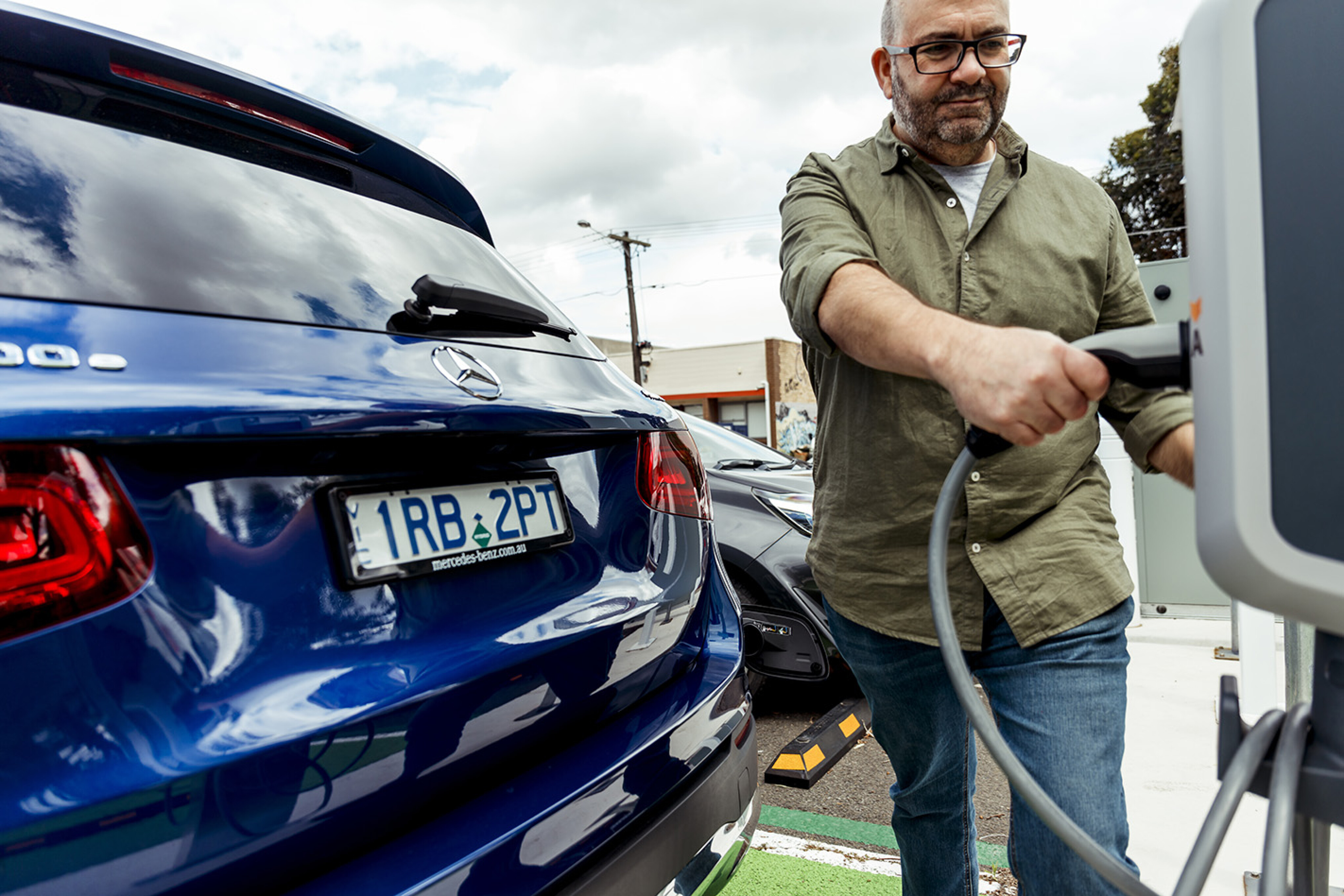
The Climate Council claims that if fuel-efficiency standards were introduced in 2016, Australia could have saved $5.9 billion in fuel costs, avoided 4000 megalitres of imported fuel, and nine million tonnes of greenhouse gas emissions – similar to the footprint from domestic aviation in a ‘normal year’.
Australia is the only Organization for Economic Cooperation and Development (OECD) country – besides Russia – to not have a fuel-efficiency mandate.
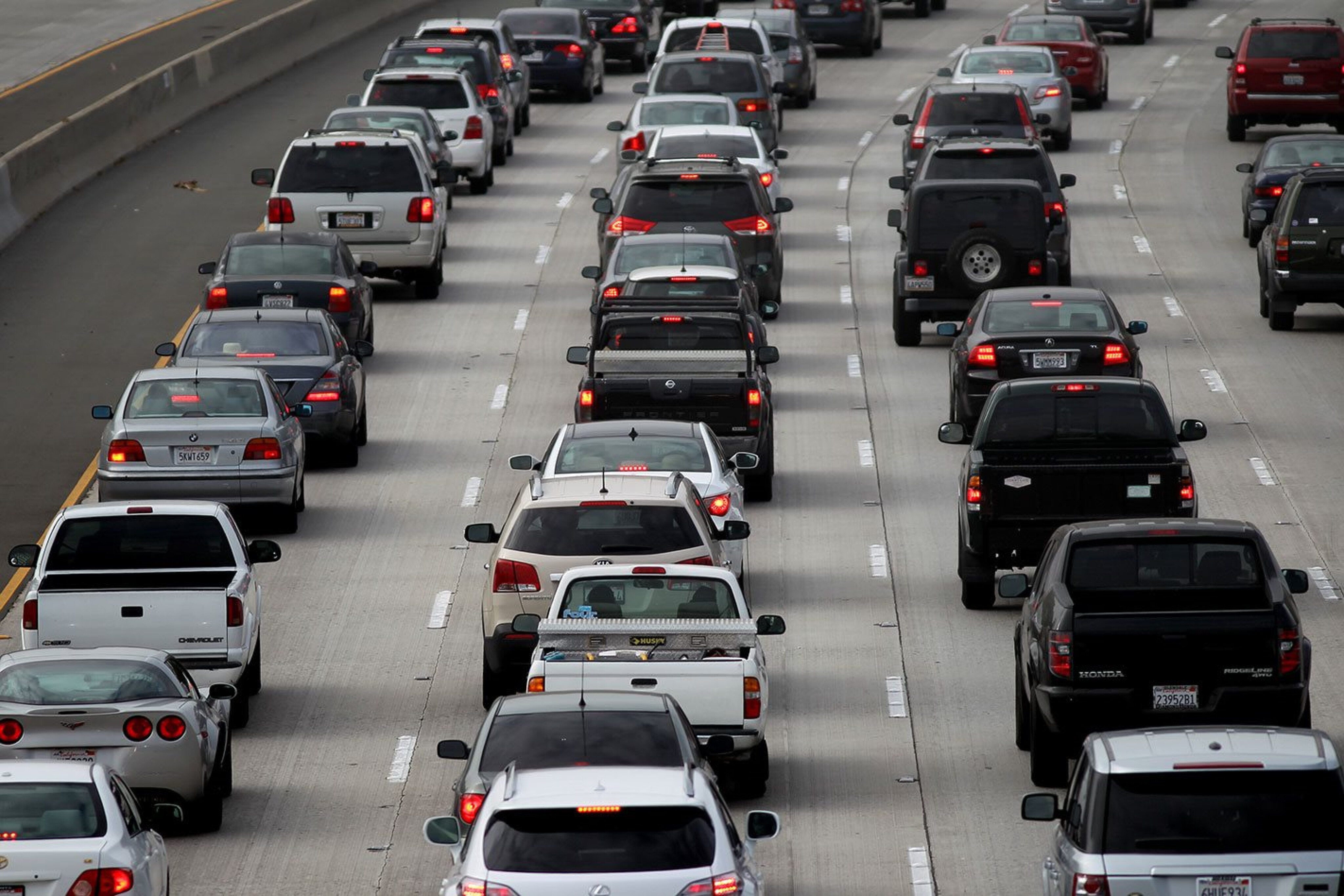
What are fuel-efficiency standards?
Fuel-efficiency standards require car brands to meet a set threshold for average exhaust emissions across the range of vehicles it sells, or be subject to hefty financial penalties – depending on the region.
This means carmakers will prioritise bringing EVs to countries where mandates are in place, which improves supply, the availability of models, and competition that ultimately drives down on the purchase price tag.
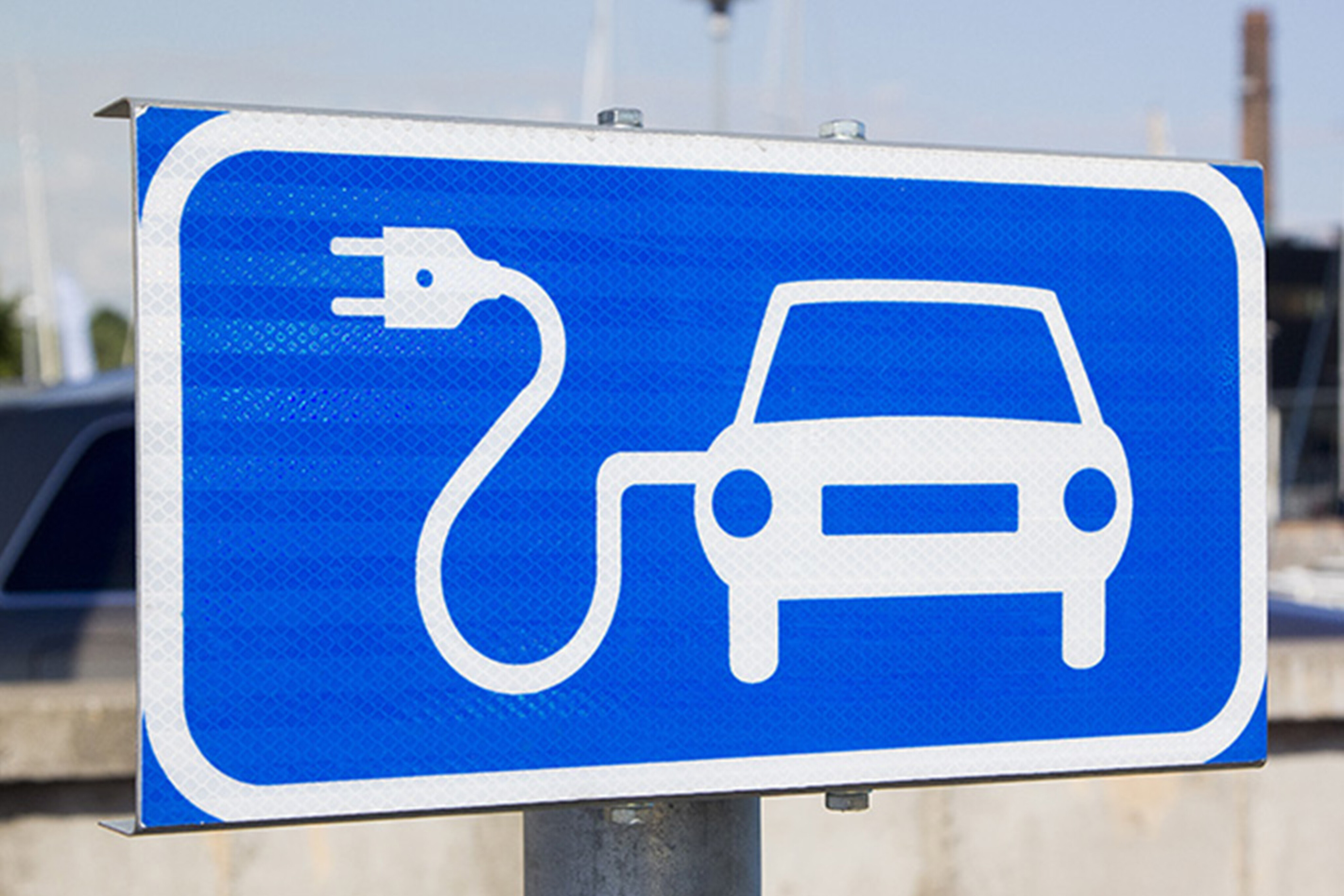
What's available?
Currently, there are around 50 individual full EV models sold in Australia, yet new car sales are dominated by the Tesla Model 3 sedan and related Model Y electric SUV.
The most affordable new EVs on sale today are the GWM Ora hatch and MG ZS EV SUV, which both start from $43,990 before on-road costs and incentives.
The grass is greener in Europe...
Overseas, emissions regulations have also spurred the rise in mild-hybrid, traditional hybrid and plug-in hybrid powertrains.
But, impending Euro 7 laws in Europe come 2025 looks set to push for full EVs even faster ahead of bans in 2035.
Transport is the third-largest source of harmful emissions nationally, which trails behind electricity and stationary energy.

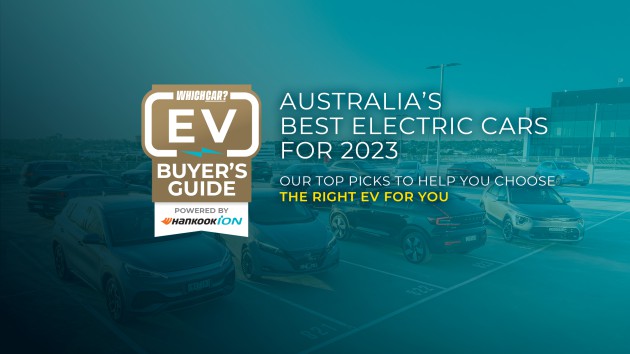

COMMENTS